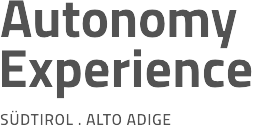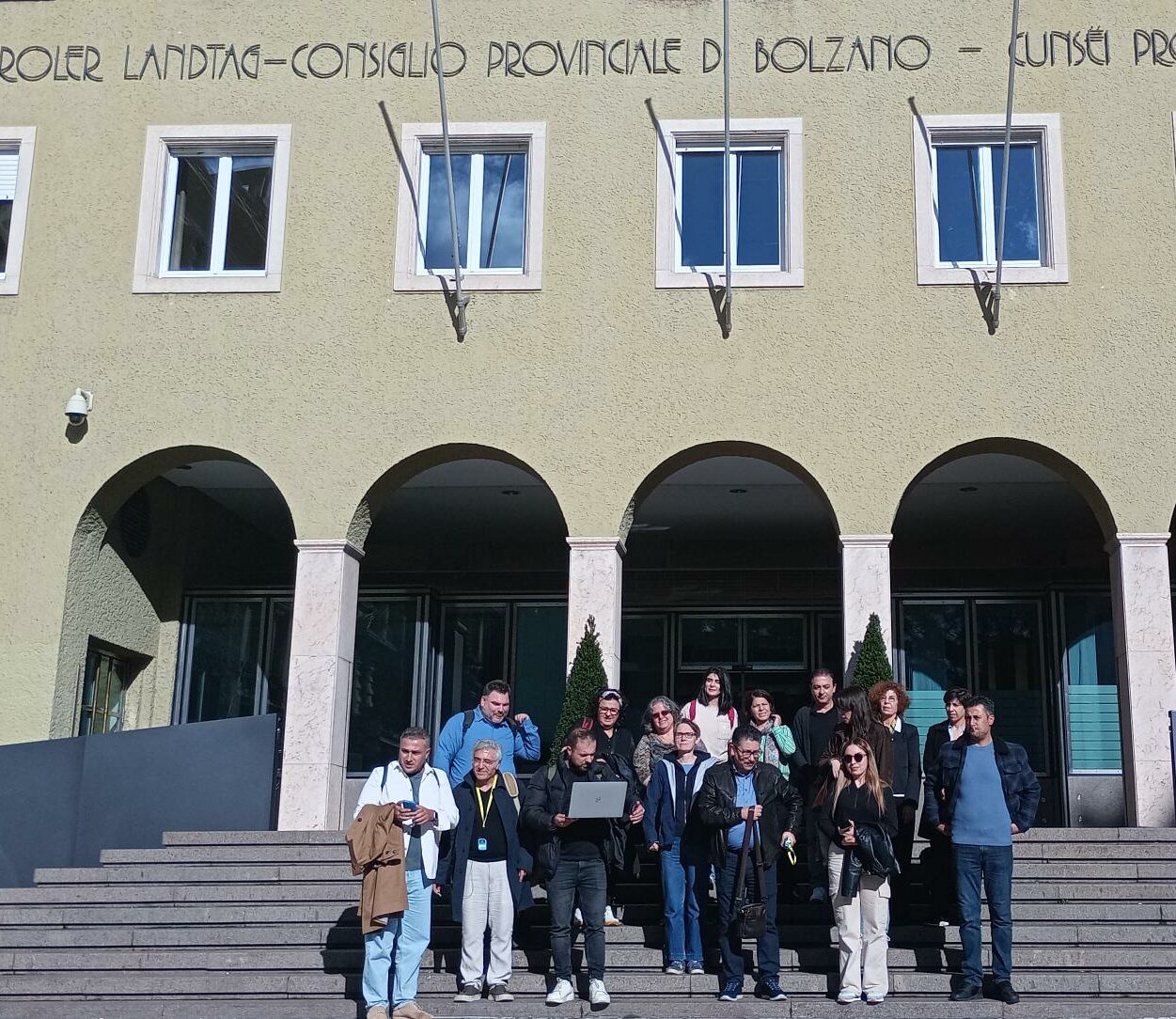A report of Seán Thomas Cummins, Center for Autonomy Experience, Eurac Research
This October, the Institute of Comparative Federalism, the Center for Autonomy Experience, both Eurac Research and the European Center for Kurdish Studies (EZKS) welcomed a delegation of Syrian experts to Bolzano as part of the study trip, Political Participation in South Tyrol: Inspirations for the Syrian Peace Process, and I was lucky enough to have the opportunity to be there. The three-day visit provided an opportunity to delve into South Tyrol’s unique history, cultural landscape, and its success in fostering regional autonomy—valuable insights for regions like Syria facing similar challenges of ethnic diversity and governance.
The participants explored how South Tyrol, through decades of negotiation and cooperation, has emerged as a beacon of provincial autonomy, setting an example for how minority rights and multi-lingual coexistence can be safeguarded in a political framework.
Day 1: The Historical Context and South Tyrol’s Political System
The delegation’s journey began with an introduction to the history of South Tyrol, delivered by Josef Prackwieser. From before its annexation to Italy after World War I, through the difficult years of forced Italianization under Mussolini, to the eventual Paris Agreement of 1946, South Tyrol’s path to autonomy has been marked by struggles but also resilience.
Participants also learned about the workings of South Tyrolean politics, focusing on the Autonomy Statute, which guarantees extensive rights for the German, Italian, and Ladin-speaking communities. These discussions, lead by Elisabeth Alber and Carolin Zwilling, served as a starting point for reflecting on how similar systems of political inclusion might be considered in Syria. The first day ended on a high note as the group reunited with Prackwieser for an expertly lead walking tour of Bozen.
Day 2: Language Rights and Political Representation
Language rights are at the core of South Tyrol’s political identity. A presentation by Petra Malfertheiner highlighted how South Tyrol manages its multilingual governance through education, administration, and daily life. The delegation discussed parallels between South Tyrol’s approach and the linguistic diversity in Syria, particularly the role of the Kurdish language.
Afterward, the Südtiroler Landtag was kind enough to welcome the group for a guided visit, where they were greeted by Harald Stauder, before they attended a session at the Euroregion Tirol-Südtirol-Trentino with Christoph von Ach. These interactions offered participants a detailed understanding of how provincial and regional autonomy works in practice and the importance of cross-border cooperation for a province like South Tyrol.
Day 3: Minority Rights and Wider European Connections
The final day of the study trip broadened the focus to examine South Tyrol’s relationships with Rome, Austria, and the wider European context of minority protection. Günther Pallaver and Marc Röggla shared insights on how South Tyrol’s autonomy model has been shaped by its interactions with neighbouring states and other regions and provinces within Italy and what minority protection looks like in Italy and Europe.
A highlight of the trip was the visit to Sankt Ulrich, a beautiful town in the heart of Ladinia, where the delegation met with Mayor Tobia Moroder. He explained how the Ladin minority thrives in South Tyrol, demonstrating that even the smallest linguistic communities can flourish when proper protections are in place.
Key Takeaways: Applying South Tyrol’s Model to Syria
Throughout the study trip, the Syrian delegation reflected on the lessons South Tyrol offers for their own context. Autonomy, minority rights, and decentralization were the recurring themes in discussions. While there are significant differences between the two regions, participants acknowledged that South Tyrol’s experience in navigating ethnic diversity and achieving political stability could provide a model for post-conflict governance in Syria.
The guests from Syria expressed a strong interest in exploring how these principles could be adapted to foster peace and stability in their homeland, despite challenges in gaining broader support for decentralization.
A Path Forward
As the delegation departed from Bozen, there was a shared sense of optimism. South Tyrol’s journey offers not just a lesson in minority protection, but also in the power of dialogue and inclusive governance. I would like to extend my deepest thanks to the Syrian delegation, the EZKS, the Centre for Autonomy Experience, and, of course, the dedicated interpreters who facilitated these important conversations and for allowing me to be there.
This exchange has highlighted that the challenges faced by regions grappling with diversity and conflict can be overcome through cooperation, mutual respect, and a commitment to democratic principles.
By emphasizing political participation, minority protections, and cross-cultural learning, this study trip fosters hope that South Tyrol’s story can serve as a roadmap for those working toward peace in other parts of the world.

